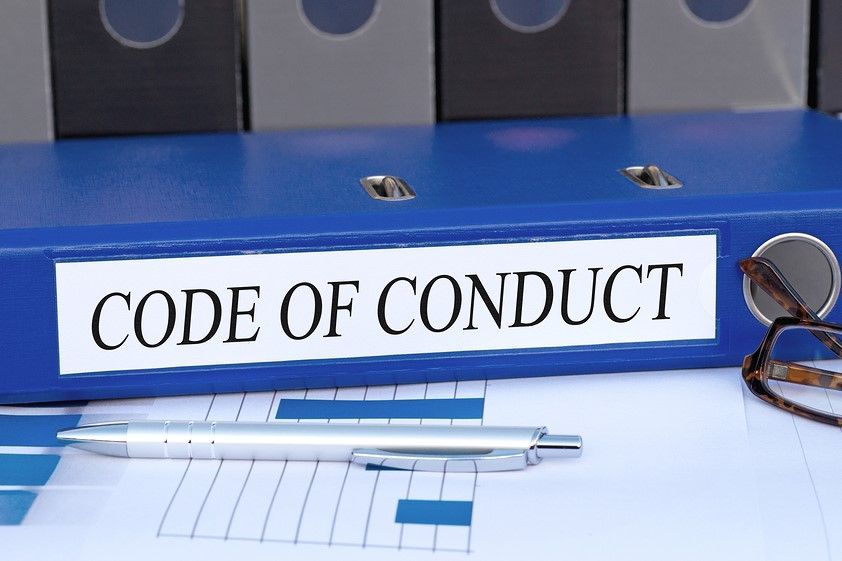
An industry code of conduct has been drafted to help landlords and tenants across the country negotiate retail leases in the face of plunging foot traffic and store sales due to COVID-19.
The code of conduct fleshes out the “common set of principles” on commercial leasing that Prime Minister Scott Morrison announced on Sunday, including a moratorium on evictions, rent relief and termination of leases.
The code was jointly created over the past two days by the Australian Retailers Association (ARA), the National Retail Association, (NRA), the Pharmacy Guild of Australia (PGA) and the Shopping Centre Council, and has been sent to all states and territories in the hope it will facilitate a nationally consistent approach.
“Our industry has a track record of working together, including on challenging issues, and this is about working together and assisting policy makers in the next phase given our group’s longstanding engagement on retail leasing issues,” Russell Zimmerman, outgoing CEO of the ARA, said in a statement.
Angus Nardi, executive director of the SCCA, said shopping centre owners and retailers have a “mutual interest” in business continuity and that it was important to confront the current environment in a way that is “fair and balanced to everyone”.
Leasing code
The code of conduct addresses several different forms of rent relief, including the temporary reduction, deferral or waiver of payments, but stresses that all changes should be temporary and negotiated on a case-by-case basis.
“All leases must be dealt with on a case-by-case basis, considering factors such as whether the tenant has suffered financial hardship due to COVID-10; whether the tenant is an SME; whether the tenant’s lease has expired or is soon to expire; and whether the lessee is in administration or receivership,” the code of conduct states.
The code of conduct also suggests that tenants should provide financial data and other business information to their landlord, so they understand their capacity to pay during the affected period.
Code could backfire
Stephen Spring, a retail leasing expert, believes this could backfire for tenants in the long run, by giving landlords an opportunity to maximise rents.
“In principle, when done correctly, there’s nothing wrong with this approach and these type of negotiations have been happening behind closed doors for years,” Spring said.
“However, some landlords and many of their lawyers use these as opportunities to delve deeply into the lessee’s accounts and business structure, dictate how the business should be run and costed and set limits on the distribution of sales and order of payment preferences to suppliers, banks, staff costs and taxes.
“Tenants should be alive to the fact that the only people that should have access to business financials are you, your accountants, financiers, advisors and tax officers.”
The code of conduct is not in favour of tenants terminating leases due to financial distress, stating that the other forms of rent relief the Government proposed are “more balanced” and that it is important for landlords and tenants to continue working together.
“A unilateral termination right isn’t balanced, given a landlord’s inability to terminate for non-payment of rent, and is not linked to the obligation on both the lessor and lessee to work together during the recovery period,” the code states.
Short-term ban on evictions
The code supports the short-term ban on evictions of tenants that do not pay their rent due to financial hardship from COVID-19.
The code also suggests that landlords should pass on any assistance they receive, such as reductions in land tax and council rates, to their tenants, and suggests that landlords and tenants that have not been significantly affected by the coronavirus to honour their lease and rental agreements.
This article first appeared on Inside Retail, a sibling website to Inside Franchise Business.

